Guest post by author Marisa Reichardt
Marisa Reichardt is the critically acclaimed author of the YA novels UNDERWATER, AFTERSHOCKS (2020), and A SHOT AT NORMAL (2021). She has a Master of Professional Writing degree from the University of Southern California and dual degrees in English & American Literature and Creative Writing from UC San Diego. Before becoming a published author, Marisa worked in academic publications, tutored high school students in writing, and shucked oysters. These days, you can probably find her huddled over her laptop in a coffeehouse or swimming in the ocean.
I have a bad habit of trapping my characters. In my debut novel, Underwater, Morgan Grant was an agoraphobe, afraid to leave her apartment as she navigated survivor’s guilt and PTSD after a mass shooting at her high school. In Aftershocks, Ruby Babcock gets stuck in the fallen rubble of a laundromat after a magnitude 7.8 earthquake hits Southern California. The premises of these two books run like a movie trailer voice in my head: “First Reichardt took you underwater, now she takes you . . . underground.” Insert foreboding music.
While I was writing Ruby’s story of survival, I’d find myself contorted awkwardly on the floor of my living room, trying to figure out the logistics of my buried-alive-main-character reaching for her phone in the back pocket of her jeans. And slicing her arm along a sharp, jagged piece of the broken Formica table caving in on her from above. I imagined just how much Ruby could wiggle her feet and hands. Just how many inches she could turn to the right and left. How hungry she was. How cold. How scared. It was a frightening headspace. I drafted quickly to get out of it.
But the fear lingered.
Writing Aftershocks forced me to face how woefully unprepared I was for a natural disaster. Like Ruby, I grew up in Southern California and I still live here now. “The Big One” isn’t a matter of if, it’s a matter of when. Yet, somehow, like so many of my friends, I hadn’t been as proactive as I could’ve been. It felt like self-care to not think about it. But that approach was completely irresponsible. As a result of facing my fears, I am now the owner of a very well-stocked earthquake kit from Judy. It’s a portable backpack-style and provides three to four days of supplies for my family. We also have a family plan. A meeting spot. An out-of-state relative we will all check in with if the local phone lines are jammed. I have medication. Cash. Tampons. I never let my gas tank get too low. So many things I don’t want to have to think about, but I must.
And still I’m far from an expert. I don’t claim to be an expert. I did lots of research for Aftershocks, interviewing emergency room doctors and American Red Cross volunteers. I read up on the Northridge, CA earthquake in 1994 and the Loma Prieta earthquake that occurred in the San Francisco Bay area in 1989. I researched Hurricane Katrina in Louisiana and the many ways response efforts went wrong. And then I had to take those bits of knowledge and use my imagination because even though I’d done all that research, I still couldn’t really know. I’ve never been in a magnitude 7.8 earthquake. I’ve never been buried alive.
But writing Aftershocks made me realize that catastrophic events are always possible.
As I write this, I’m looking out my window at a sickly orange sky that comes as a result of the hundreds of wildfires burning up and down the state of California. The air quality index reads as unhealthy today. And here in LA isn’t even close to as bad as what my friends and family are experiencing in San Francisco and Santa Cruz and Oregon. Or what my mother-in-law endured in Alaska last year, when the fires burned for months and the flames nipped at the edges of her property line.
Yet I still know I need to be indoors.
I know I’m lucky that I can be indoors.
But, like Ruby, I’ve felt trapped for so long. COVID-19 has forced us to stay home and lie low. But it’s hot and stuffy and crowded in my little beach bungalow. And it feels like everywhere I turn, there is a reminder that things are not right. And human beings are making it worse.
Hardly a week goes by where there isn’t news of a catastrophic event somewhere. An earthquake or a wildfire or a hurricane. A drought. A flood. Mother Nature is trying to tell us something. Be gentle with me, I hear her say as I gaze through the ash falling from the sky and landing on my car like snowflakes.
I think Aftershocks came to me because it felt like something I had to say.
Like something I had to acknowledge.
I have to be better.
I have to do better.
So even though it was scary to write Aftershocks, and even though it was scary to face the what ifs, I’m glad that I did. Because knowledge can save lives.












